You’ve decided it’s time to buy your first home! But first, you need to figure out all of the expenses. We’re here to help.
The home buying process can be stressful because of all of the associated expenses that seem to add up on top of your biggest purchase ever. Going into the real estate process with an understanding of what extra expenses to expect can help you properly budget to make getting your dream home less stressful. Plus, there are a few tax deductions you can take advantage of once you are a home owner at least!
The Expenses:
Down Payment:
This first expense is likely to be your biggest out-of-pocket expense. This is the amount of money you will pay at closing to secure your loan and home purchase. The amount is typically a percentage based on the amount you will be borrowing. If your loan is $250,000 for your home purchase, a 10% down payment would be $20,000. Add on an additional $500-$2000 for your Earnest Money Deposit (EMD) to submit with your ratified contract.
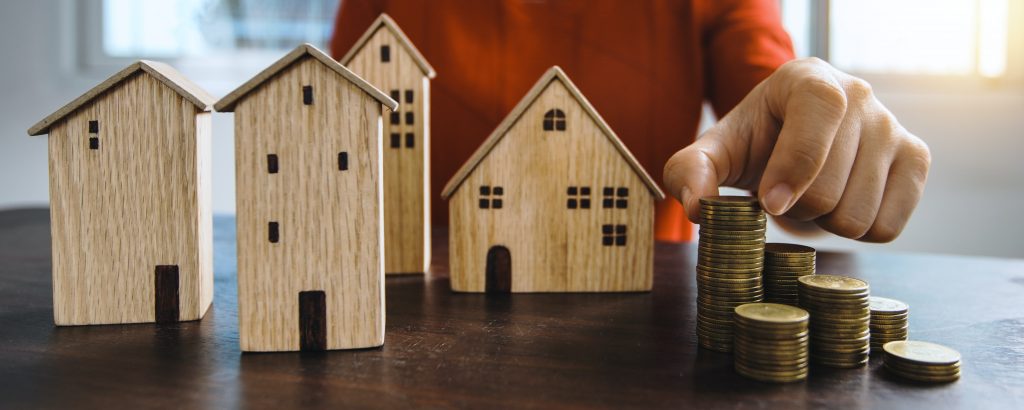
Closing Costs:
A general rule is to expect to pay 3%-6% of your loan value in addition for closing costs. Your closing costs are paid to the lender and they cover things like the appraisal, title insurance and inspections before your closing. With our $250,000 loan example again, this means you should save $7,500-$15,000 to cover closing costs. At the end of your transaction, all of these costs will be listed on your Closing Disclosure.
Maintenance and Repairs:
Lastly, as a new home-owner, you may need to do some upkeep on the home you purchase. Or, at least add some updates you love. Many major repairs should be taken care of prior to closing after the home inspection, however you never know what may happen in the future. Once you are the home owner, you are responsible for all of the maintenance. It’s recommended to save 1%-3% of your home’s value for repair costs, with a $250,000 home that means $2,500-$7,500 saved up. You should consider these additional costs when consider an older home versus a new home.
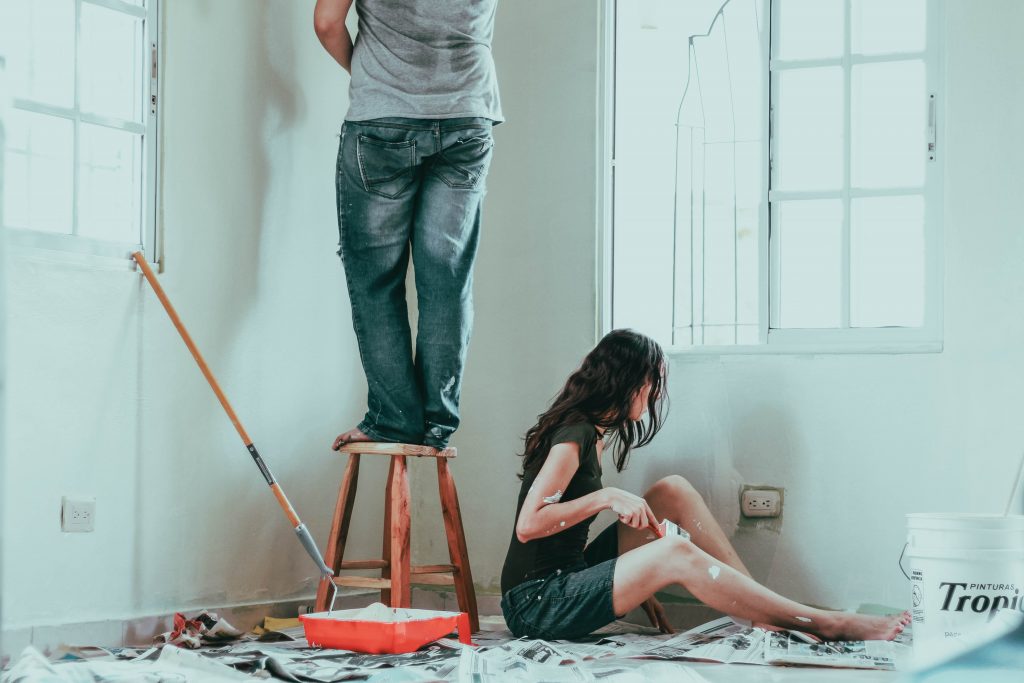
Furniture and Appliances:
Of course, you’ll have to furnish your new home once you move in! The amount to spend here is very dependent on what you already have, what you can score on Facebook Marketplace and how much space you need to furnish.
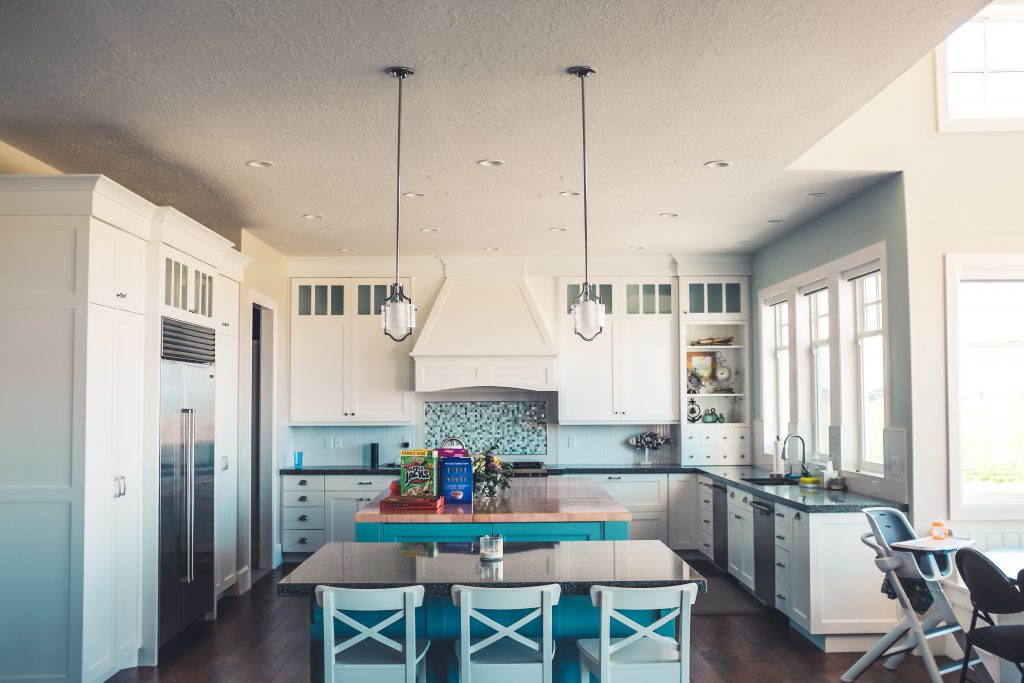
Property Taxes and HOA fees:
As a homeowner, you will now need to pay property taxes on your homes. These taxes go to your local government for things like schools, roads and the fire department. Your mortgage lender may hold these fees in an escrow account (a third-party account that holds funds for future payments) and collect smaller payments along with your mortgage payments to go towards your tax when it’s due. This site can give you an estimated idea on how much those taxes might be for your home value. Home Owner Associations (HOA) may apply to the neighborhood you move into, but not every neighborhood requires monthly fees. Be sure to check with your agent before putting in your offer on a potential home.
First and foremost, the best thing you can do to get started on your real estate journey is to meet with an experienced and qualified real estate agent! You can download our Free Buyer’s Guide to learn more about the process too.
Contact Eric to schedule a sit down together to start your home buying process!
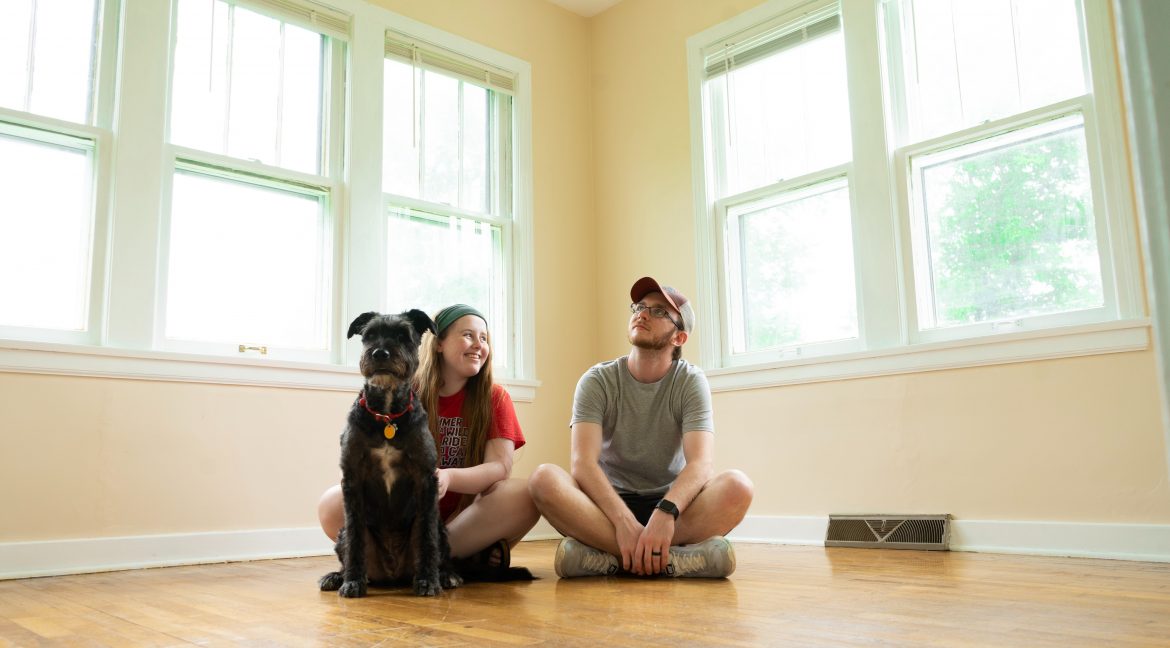


Pingback:แทงบอล AUTO
Pingback:โซล่าเซลล์
Pingback:เว็บคาสิโนออนไลน์
Pingback:เกมไพ่
Pingback:lsm99live.com
Pingback:Cannabis delivery Toronto
Pingback:white berry strain for sale near me
Pingback:วิเคราะห์บอลวันนี้
Pingback:https://board-en.darkorbit.com/proxy.php?link=https://ecgma.co.za/
Pingback:kojic acid soap
Pingback:bonanza178
Pingback:bandar togel
Pingback:พัดลมหลังคา
Pingback:ข่าวบอล
Pingback:naza24
Pingback:how to buy shrooms in Washington